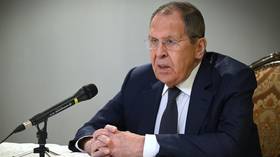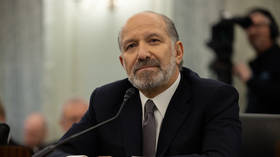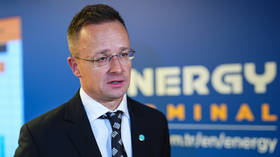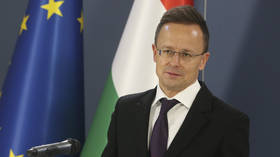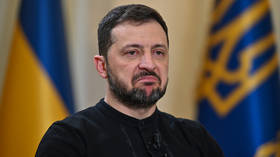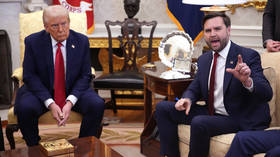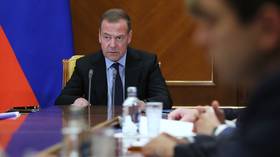IOC amends transgender guidelines

The International Olympic Committee (IOC) has ushered in a new set of transgender guidelines, which it says is designed to preserve a level playing field in female sport.
The issue has become a hot topic in sports, with US swimmer Lia Thomas and New Zealand weightlifter Laurel Hubbard prominent examples of transgender athletes who have excelled in female competition.
The IOC received criticism last year from several high profile female athletes, such as British former Olympic swimmer Sharron Davies, after stating there should be “no presumption of advantage” for transgender women competing in female sports categories.
The move was backed by transgender and equality campaigners – but the IOC has since faced repeated calls to update its policy to have more specifics requirements for some sports in which there was a perceived advantage for trans athletes, compared to women who were born female.
The new statement from the IOC sees them address criticisms which have been prevalent in the past several months, as well as calling upon the various sporting federations under its remit to ensure equity and fairness for transgender athletes as well as for the women they compete against.
The updated policy states: “Principle 4 [fairness] recognizes that sports organizations may at times need to issue eligibility criteria for sex-segregated competition to maintain a fair and proportionate distribution of competitive advantages among participants.
“It also recognizes the particular importance of advancing equality for women in sport and preserving fair and meaningful competition for elite women athletes, which may require criteria that limit eligibility in some cases.”
Crucially, it also says that various factors which may have been ignored before must be addressed, such as the ethics of having a transgender athletes compete in female competition.
“The current state of scientific and medical knowledge [should be taken into account] as well as ethical, legal, human rights and social considerations,” it says.
The IOC, which earlier drew criticism for dropping the required testosterone limit for transgender women, now “acknowledges that testosterone may be an important factor shaping performance in elite athletes in certain sports”.
However, it also stressed that testosterone limits alone should not be the sole consideration, and that individual sports should determine their own eligibility criteria based upon the physical demands of a particular sport.
The statement also stressed that these recommendations should only apply to elite sport and not at youth sport level.



